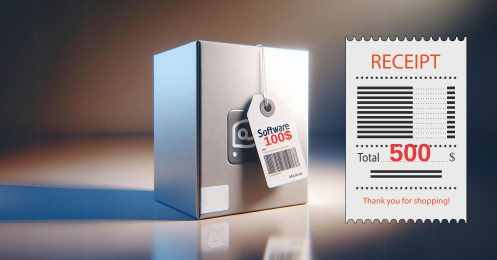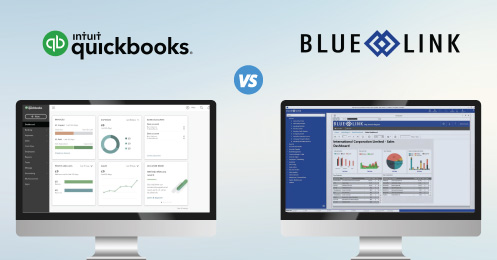I was recently interviewed for an article on Inventory Management software (yet to be published). Here are three of the questions and answers from that interview - perhaps you'll find them useful (or perhaps you disagree - if so feel free to post a comment).
Q: When a business is evaluating different inventory management products, what questions should they ask themselves?
A: What are our "Critical Success Factors"? What are the things we have to excel at in order to succeed? As defined by Michael Burns of 180 Systems, these are the key activities any new system needs to handle well in order to help your business succeed, and it is very important when starting to define system needs to focus on a smaller number of most important requirements. I have seen poor business software decisions made that cover 97 out of 100 requirements - but the 3 they don't cover are the most important. If you can't see the wood for the trees...
Q: How do you know you need inventory management software (or improved inventory management software)?
A: Assuming that you buy and sell products, ask these questions:
- Do I know what I have in inventory?
- Do I know it’s true cost (including things like freight, duty, etc.)?
- Can I instantly tell what’s committed to customer orders, what’s expected in on unreceived Purchase Orders, and how much I need to purchase to replenish?
- If I’m not around, can someone else get this info instantly?
If the answers are all “Yes”, possibly you don’t need one. But consider also special needs for your industry. For example if you're a food distributor, how well can you handle product recalls based on lot numbers, and are you able to manage inventory flow based on expiry or "best before" dates?
Q: What are questions that buyers forget to ask?
A: The big one here is the real cost of a proper and successful implementation. Many vendors tend to "low-ball" the implementation costs, and the result is a project that is unsuccessful, one that goes way over budget - or both.
If you implement a new system, there are two choices - do it cheap, or do it right.










